Steve Wildeck on UW shutting down branch college campuses
By Frederica Freyberg | Here & Now
October 27, 2023
UW Colleges & UW Extension Vice Chancellor Emeritus Steve Wildeck discusses staff cuts and closure at multiple Universities of Wisconsin two-year campuses amid falling enrollment and budget deficits.
VIDEO TRANSCRIPT
Frederica Freyberg:
When you first learned that UW branch campuses in West Bend and Fond du Lac would end in person instruction, what was your reaction?
Steve Wildeck:
I think what my reaction was, not total surprise, that I've watched the enrollment struggles at the branch campuses that were attached five years ago to those institutions who were struggling the most in enrollment themselves at their own campus. UW-Platteville, UW-Oshkosh, UW-Milwaukee are the ones that come to mind that over the last 10 years have gradually but very clearly, decreased in enrollment. So my concern was at those institutes, at those campuses was that they were convenient casualties of enrollment challenges at the four year institutions that they were attached to.
Frederica Freyberg:
What does that mean?
Steve Wildeck:
If you look back at 2018, well, let's go back a little farther than that one. The UW colleges from the state funding cuts in the 15-17 biennium, under the previous administration, the UW College is regionalized in order to reduce the number of administrators overseeing those branch, at that time, the two year campuses, what are now the branch campuses and the recruiting model that we put into place actually began to show results. If you look at the enrollments at the two year campuses in 2018, there was actually an uptick in those enrollments at I think at least 11 or 12 of the 13 two year campuses. And then when the UW colleges and UW extension were dissolved by the UW system leadership in 2018, that began a very precipitous drop in enrollments at the two year campuses, starting in 2019. That brought us to the current day. And if you look at again, those campuses that were attached at that time to UW-Milwaukee, Oshkosh and Platteville, the connection is very, very clear that that did not help those campuses.
Frederica Freyberg:
So how should the UW respond to falling enrollment and with it, budgets that are in the red, not just on two year campuses, but across the system?
Steve Wildeck:
Well, this didn't happen overnight. This really was a condition that evolved over a number of years. The situations that we're seeing today were seen years ago. We saw softening in the number of high school graduates in this state, we saw the eventual effect of the 2008 recession and what it was going to do to incoming freshman classes at the university level starting here in 2025 and I would flip that paradigm that you just described. I would contend that enrollment is not the problem. Enrollment is the symptom that evolved from the problem of not adequately managing as a UW system, the supply and demand across its universities and that's called enrollment management and we have not had a system-wide, enrollment management strategy literally since 2004, 2005.
Frederica Freyberg:
Do you think though that the state of Wisconsin and its public UW institutions, are there too many of them given the demographics?
Steve Wildeck:
I think that's a discussion we have to have and I could give you arguments both ways as to why there are too many and why there are not too many. We are built in higher education, we're built quite differently than many other states. We don't have a statewide community college system in Wisconsin. In other states, the community colleges serve as the feeders, the primary feeders to new university students coming in at the freshman level. And at a community college, a student can go eventually on the university track toward a bachelor's degree or on the occupational and applied learning track in the form of a two year certificate or an associate's degree that are more geared at training for a particular occupation or job. In Wisconsin, we've historically had three community colleges in the form of MATC in Madison, MATC in Milwaukee and Nicolet Technical College in Rhinelander and since there have been a couple of other flavors on that theme, but we don't have a community college network in this state that blankets the state and serves as that feeder. So our four year universities, and I would take Madison very much out of this mix, but our four year universities have served as feeders. There are both good and bad to that and I won't go into the specifics, but we have to have that conversation before we begin shutting doors forever and backing out of agreements with communities who put up real money to build and maintain these campuses, we have to step back and put a moratorium on any anymore door closures and have this conversation about where we're going with this in higher education in Wisconsin.
Frederica Freyberg:
Have you spoken with the system President Jay Rothman about this?
Steve Wildeck:
I have not because like many of my former colleagues in UW colleges and UW Extension, I retired in 2020. I've been very happily retired. I've been active in some other sectors of higher education in other states as well as Wisconsin and I've pretty much taken the opinion that it's someone else's discussion to have at this point. And what the current activity of closing branch campuses has told me is it's never not the moment for me to engage in others like me to engage in this conversation because we're all very concerned about the future of the UW system, but how it extends to people in all communities of the state.
Frederica Freyberg:
In fact, you said that what you're seeing is the disintegration of the system and you are concerned that it will get worse. How so?
Steve Wildeck:
I think that the two year campuses are in a very vulnerable spot. They have been attached to four year campuses who will continue to see enrollment pressures and I think that the commitment and the promise that the UW system and the Board of Regents made to those communities back in the 1960s in exchange, they got these campuses all on the the local property tax dollar. I'm afraid that commitment and that partnership has been put off to the side and out of the conversation. We have to put that right back in the middle of the conversation because that's how these communities came to be. When Fond du Lac County came forward in 1967 to build, what is today UW-Oshkosh, Fond du Lac and for much of its existence was UW-Fond du Lac, Fond du Lac County did that not just to provide an access point to the University of Wisconsin system, they did it for long-term economic stimulus and economic support, enrichment of the community to bring culture and and societal benefits to Fond du Lac County. They did that for a whole host of reasons and I don't see that discussion taking place and so I think the UW system has a higher level of obligation to communities for those two year branch campuses that used to be part of UW colleges, even then it does owe those communities for the four year campuses that are in other towns and cities
Frederica Freyberg:
Who's to blame?
Steve Wildeck:
I really have resisted conversations that have a tendency to place blame because that does not move us forward. It's important to understand the various perspectives and how we got here, but who's to blame has nothing to do with how we go forward.
Frederica Freyberg:
What is the best path forward?
Steve Wildeck:
Unfortunately, I haven't seen a willingness of the UW System or the technical college system, much less the two of them in partnership. I have not seen a willingness to have a broad public strategic conversation about where we're going with higher education in Wisconsin. I am calling on the legislature to throw that yellow flag on the field. To use a football metaphor to say timeout. We're doing things that are permanent. We're doing things that will have lifelong, negative consequences on communities for which we have a high level of obligation and we're closing doors to higher education at a time when this state needs a higher level of degree holders. It needs better paying jobs. We are becoming much less attractive to high school graduates in the UW system than we were even seven years ago. And from the system's own data, in around 2016, we were attracting 31% of new high school graduates into the UW system and just five years later that had dropped to 27% of the high school graduates in this state were moving directly into the UW System. That is a dramatic change in attraction to high school graduates looking toward their future and we have to open that can of worms to really take a close look at what we're doing and how we want to move forward as a state and whether or not the existing structures of the UW System and the technical colleges, which again, are very different from those in other states are serving our citizens and our residents in Wisconsin the very best that they can.
Frederica Freyberg:
All right, Steve Wildeck, thanks very much.
Frederica Freyberg:
Thank you.
Editor’s note: PBS Wisconsin is a service of the University of Wisconsin-Madison and the Wisconsin Educational Communications Board.
 Passport
Passport




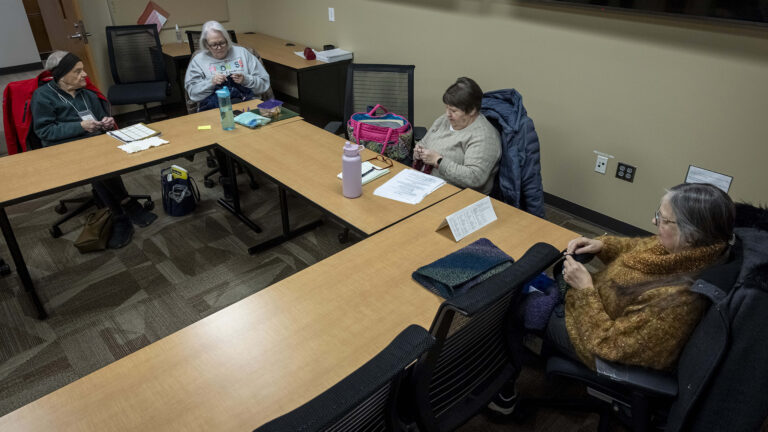
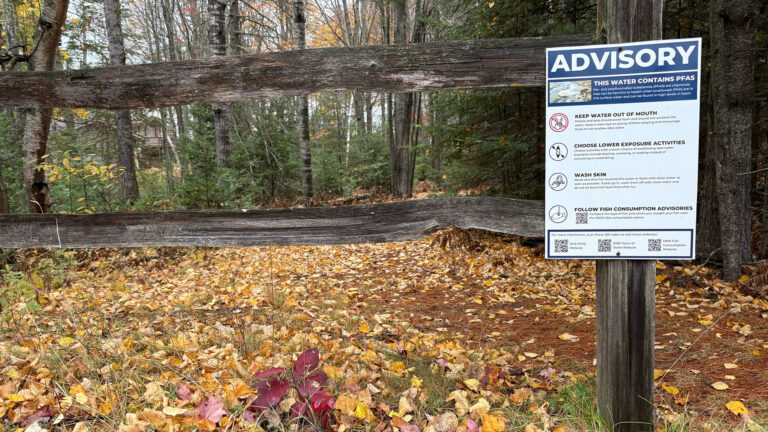
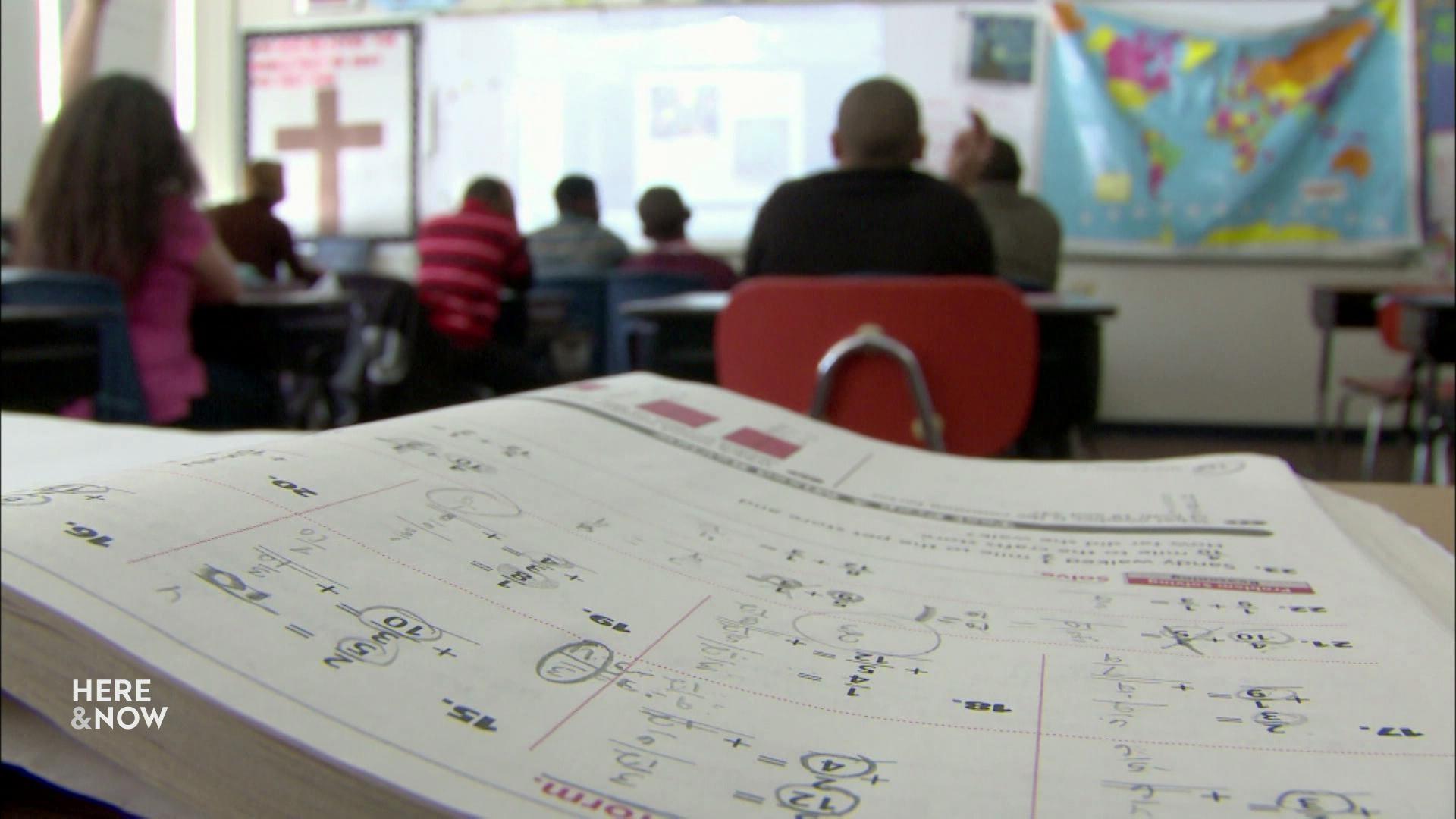
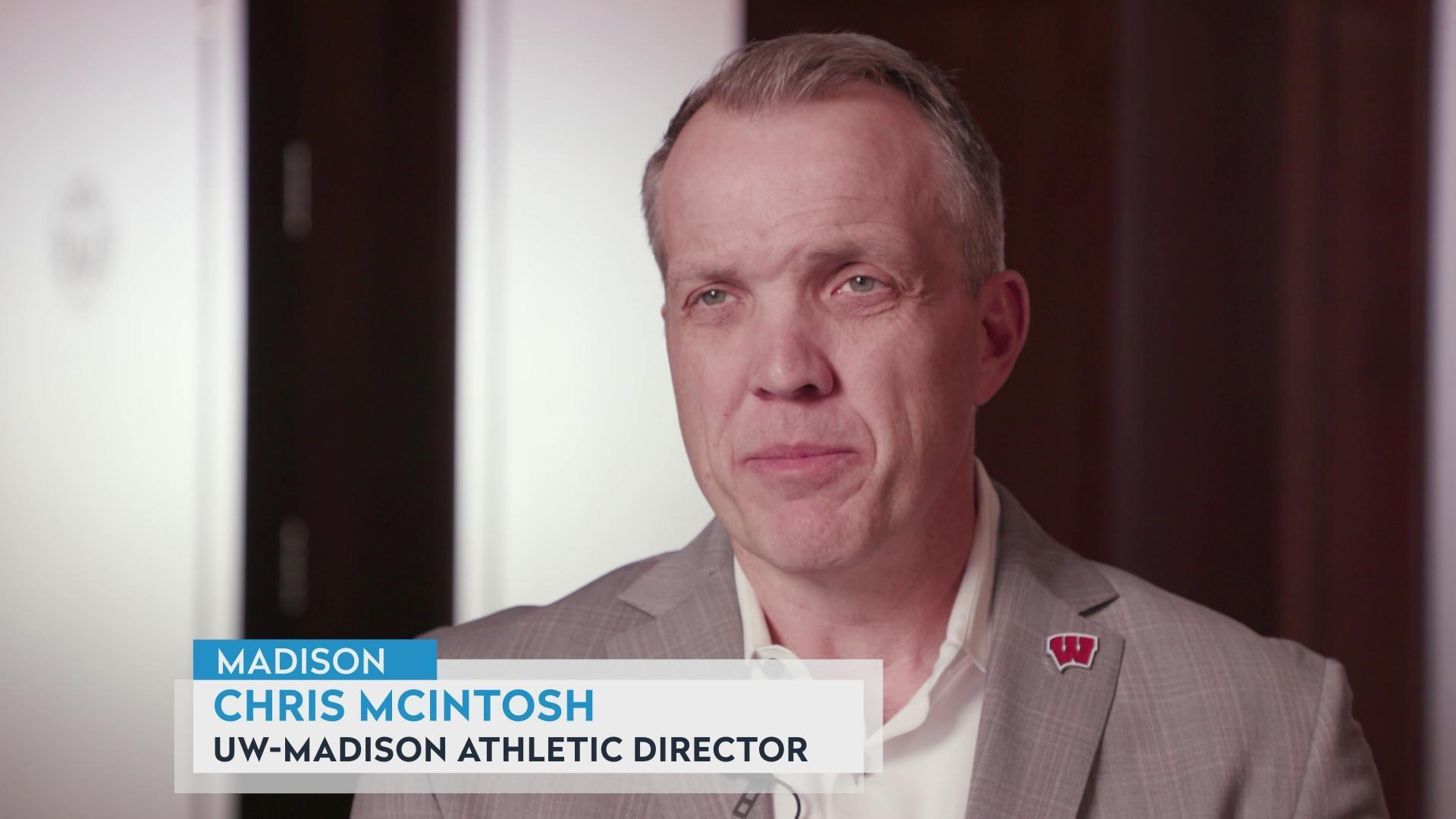
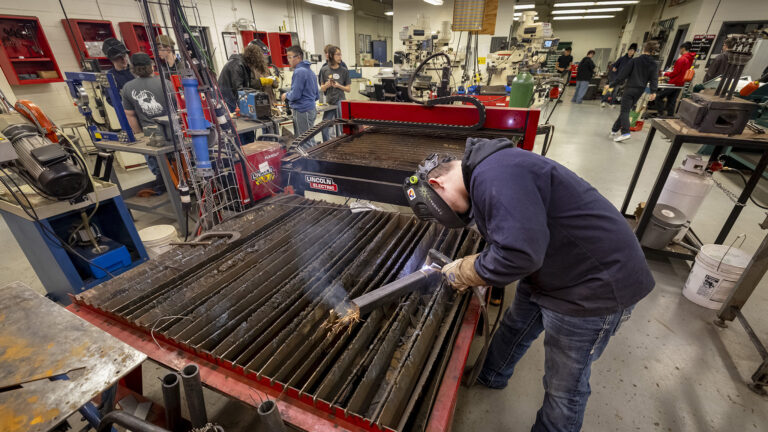
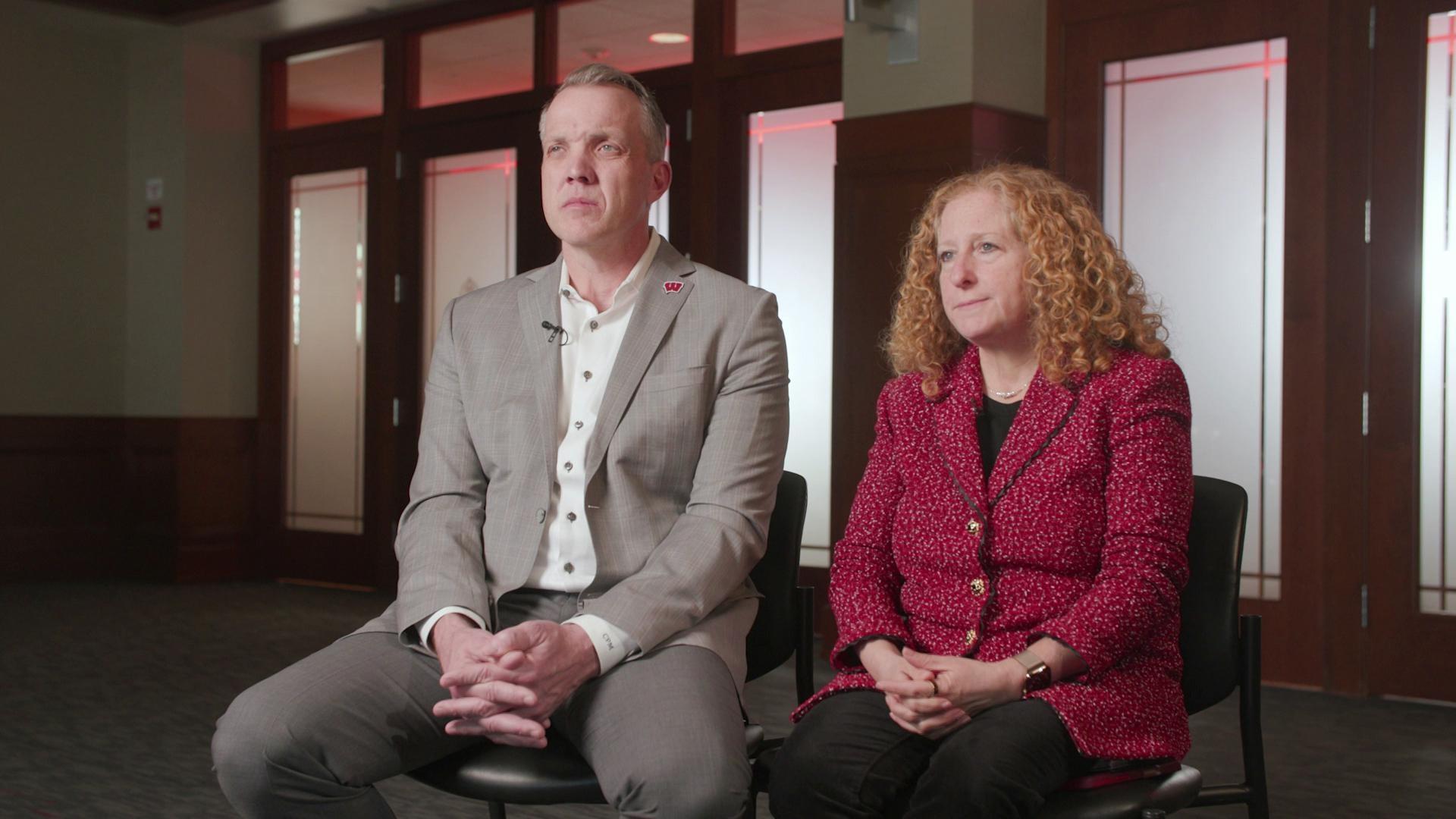

Follow Us